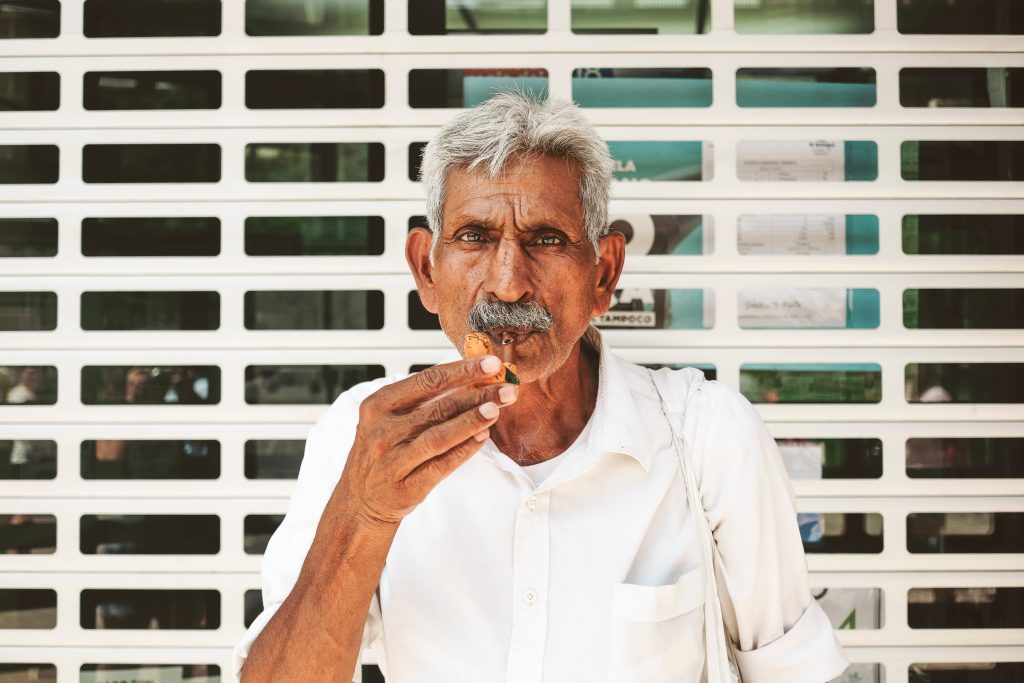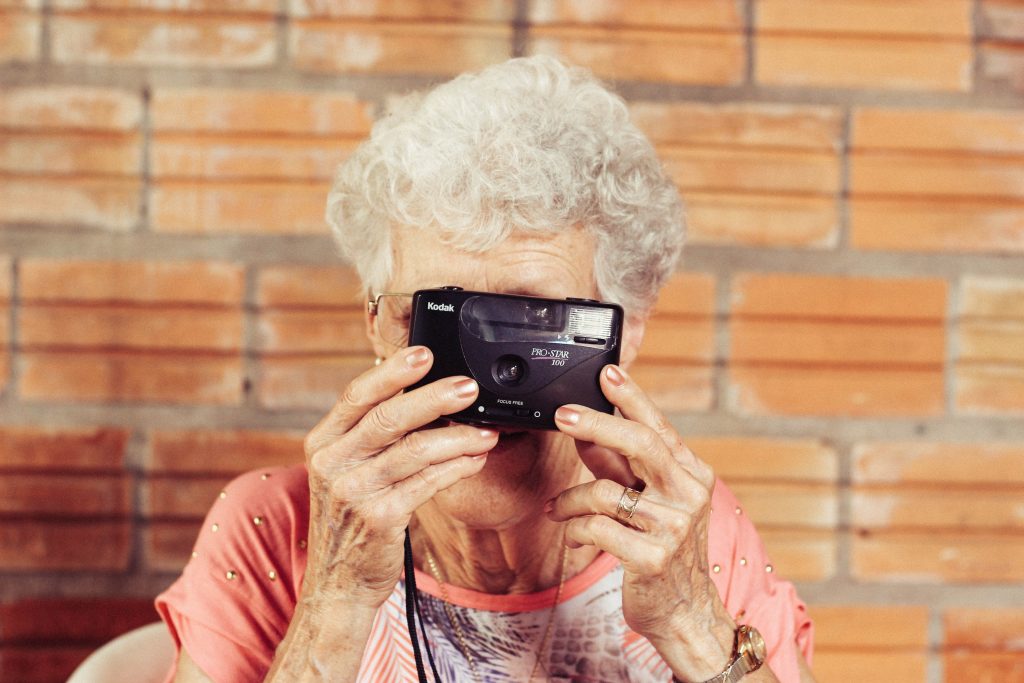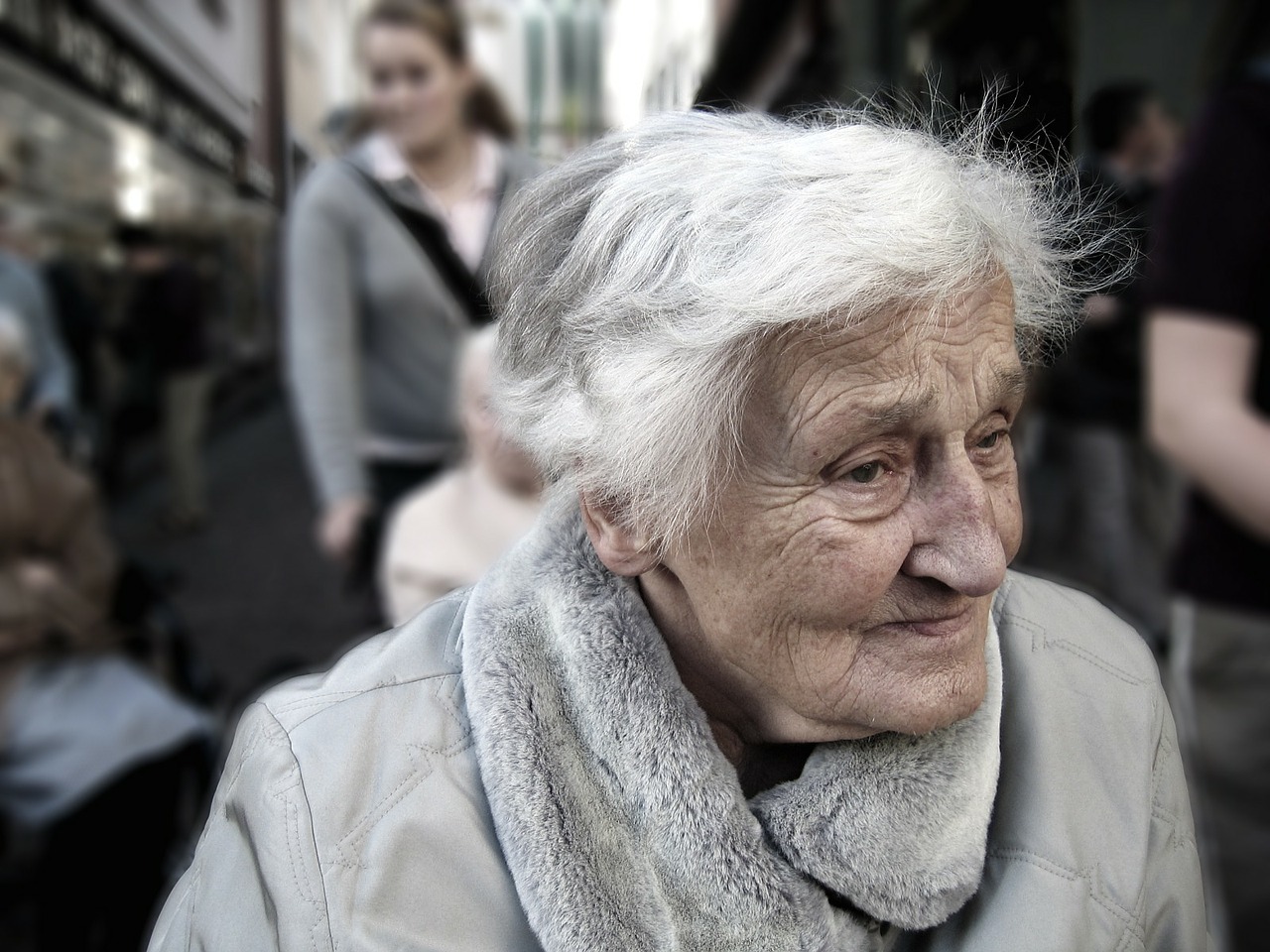It’s official – there’s a link between outstanding care homes and our human rights.
In a report published in September 2017, the Care Quality Commission, England’s care services watchdog, announced that care homes not only have a legal duty to protect human rights, but are also more likely to receive brilliant ratings if championing human rights and equality.
But what about Government’s role in protecting the rights of people living in care homes?
This is where the United Nation’s Guiding Principles on Business and Human Rights (UNGPs) come in. They’re a powerful reminder that the main responsibility for protecting the rights of care home residents still lies with the Government. Are they doing enough?
How are the UNGPs relevant to care homes?
 Image Credit: Cristina Gottardi / Unsplash
Image Credit: Cristina Gottardi / Unsplash
The UNGPs apply across businesses, regardless of their size or sector. As the English care home sector is largely commercial, most of it automatically falls within the remit of the UNGPs.
The principles are particularly relevant where an organisation’s activities pose a significant potential for an adverse – or positive – human rights impact. Care homes provide care and support to residents, most of whom are frail or have complex needs. Many are vulnerable to physical and emotional abuse and other possible violations of their rights, which make the UNGPs all the more relevant.
So, What Should We Be Doing?

Image Credit: Tiago Muraro / Unsplash
The Government has already done some work to put in place policies, laws, and enforcement mechanisms to protect the rights of people living in care homes.
Legislation such as the Care Act 2014 makes it at least theoretically possible for care home residents to enforce their rights under the Human Rights Act. The Care Quality Commission has also moved human rights into the centre of regulating and monitoring care homes, making the rights relevant to everyday care.
But abuses in care homes continue. Arguably much more could be done to protect the human rights of all people living in care homes. Here are just a few recommendations to make 2018 the year we truly protect rights in care homes.
Review Access to Legal Remedies for All Self-Funded Residents
 Image Credit: Val Vesa / Unsplash
Image Credit: Val Vesa / Unsplash
Section 73 of the Care Act 2014 makes it possible for care home residents whose care has been arranged or is paid in full or in parts by a local authority, to rely on the Human Rights Act 1998 in challenging the actions of his or her private care home.
But this remedy may not be available to people who self-fund their stay in a care home. This not only leaves a gap in the Government’s duty to provide access to effective remedy, it may also amount to a violation of the right not to be discriminated against, which is protected by Article 14 of the Human Rights Convention.
Seriously Consider the Implications of Low Fee Rates Offered to Care Homes
 Image Credit: Pexels
Image Credit: Pexels
There is a real problem with the rates paid to care homes. In November 2017, Care England, a large representative body for adult social care, brought a legal case challenging Essex County Council over the low fee rates that it paid to local homes for the care and support of state funded care home residents. Care England argued that the council was in breach of Section 5(2) of the Care Act 2014 and particularly its responsibility to ensure the sustainability of the market.
The case was dismissed, but the urgency of the funding issue remains. Low fees, together with the introduction of the National Minimum Wage, mean that various care homes struggle to maintain high quality services. That means risking the protection of residents’ human rights. Self-funded care homes residents may be charged higher fees by care homes in order to balance the gap. Again, this may amount to discrimination against self-funders.
Explore the Potential of the UNGPs in the Interest of Human Rights
 Image Credit: Bruno Martins / Unsplash
Image Credit: Bruno Martins / Unsplash
The UNGPs offer guidelines for the Government and care homes to work together in the interest human rights. But to date the UNGPs seem not to have been explored or used for this purpose. Why not make 2018 the year in which that changes?
As with all comment pieces, this article is the opinion of the author and not RightsInfo.







